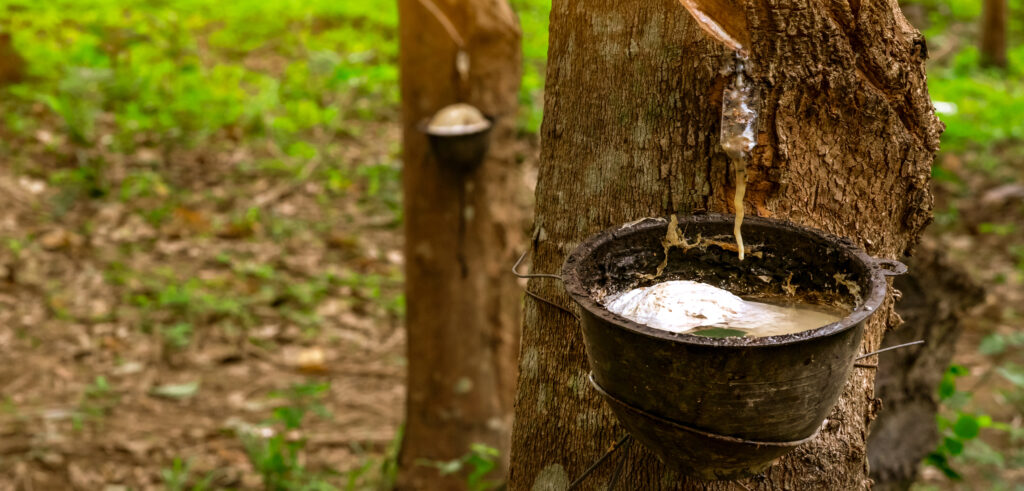Manufacturer Bridgestone has approved plans to strengthen investments in its natural rubber plantations in Southeast Asia.
The tire maker plans to invest US$26.7m by 2030 to ensure a sustainable supply of natural rubber for tire production. The company is also seeking to strengthen initiatives to contribute to circular economies and carbon neutrality across the entire value chain through the sustainable operation of its natural rubber plantations.
Bridgestone believes securing reliable supplies of natural rubber resources is important as it will enable the company to advance sustainable tire technologies and solutions, which will contribute to safer mobility.
It is hoped that the investments will enhance the productivity of the company’s natural rubber plantations in order to secure sustainable supplies of natural rubber as a renewable material. By 2035, Bridgestone wants to have doubled its 2022 projections for harvest volumes in a given area. Further initiatives will include the introduction of elite trees with stable harvest volume, selected by genome analysis technology and ongoing, systematic afforestation. This will ensure the natural rubber plantations are managed correctly depending on tree age and the afforestation cycle. Furthermore, artificial intelligence image analysis will be used to diagnose and detect diseases in Para rubber trees to optimize yields.
Through the sustainable operation of its natural rubber plantations, Bridgestone is currently contributing to the maintenance of approximately 5.9 million tons of CO2 it fixates in trees. Further efforts include distributing Para rubber tree seedlings to small-scale farmers and teaching them techniques to improve productivity and employment opportunities.
The natural rubber plantation initiatives form part of Bridgestone’s long-term environmental vision to accelerate sustainability and achieve its 2050 target of becoming carbon neutral.



